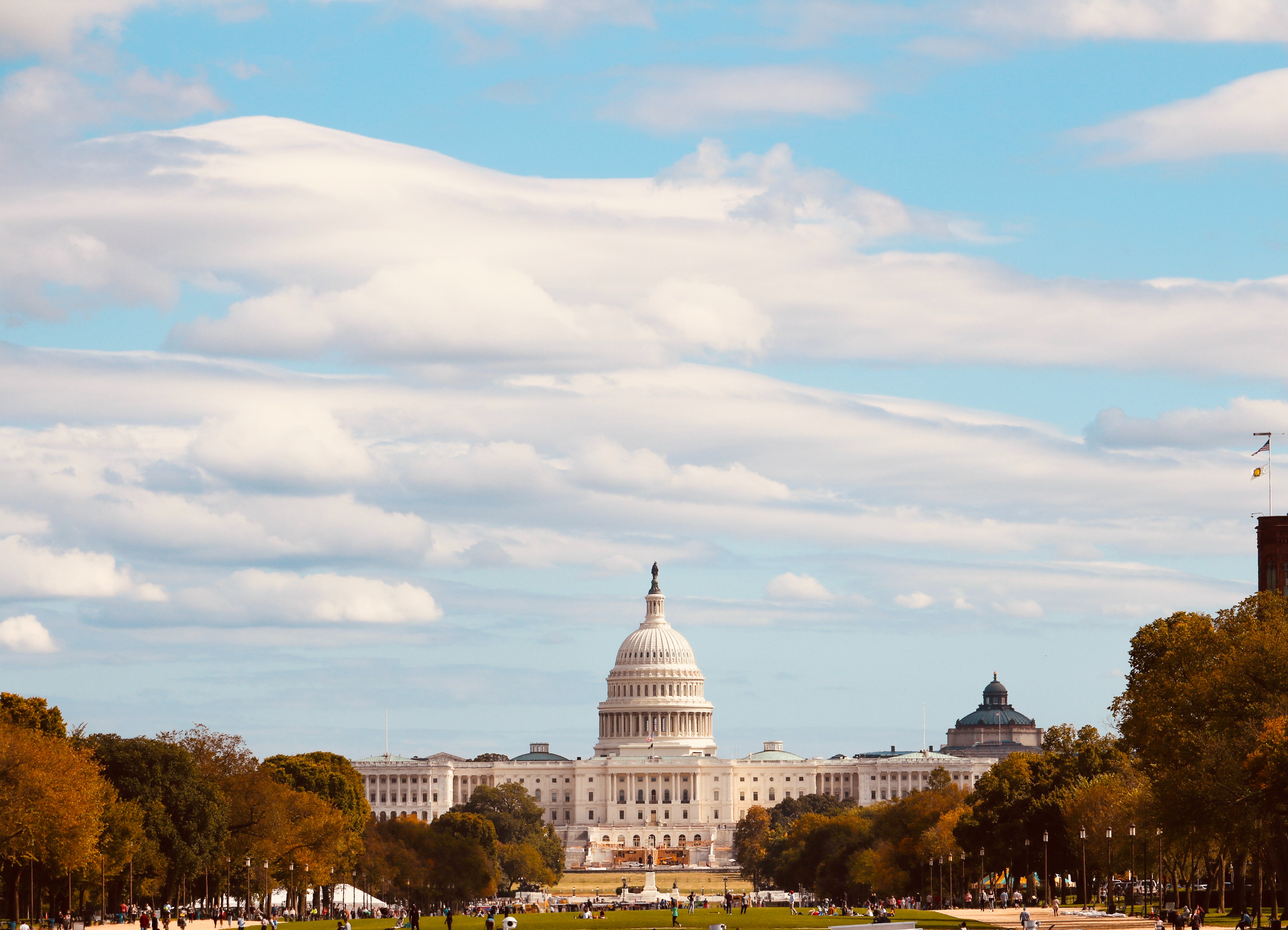SBA Final Rule: Credit for Lower Tier Subcontracting

Key Details: On October 11, 2023, the U.S. Small Business Administration (SBA) issued an final rule amending the regulations to implement provisions under the National Defense Authorization Act (NDAA) for fiscal year (FY) 2020. The final rule, titled “National Defense Authorization Act of 2020, Credit for Lower Tier Subcontracting and Other Amendments”, permits prime contractors with a subcontracting plan to apply credit for small business subcontracts at lower tiers to its subcontracting goals. This final rule is effective November 13, 2023. As such, prime contractors are encouraged to review their subcontracting plans and small business subcontractors are encouraged to look out for potential subcontracting opportunities.
Ryan & Wetmore has decades of experience helping government contractors with compliance and growth strategies. Contact us today to learn how we can take your business to the next level.
Background on the Final Rule
Through the final rule, the SBA is revising their Small Business Subcontracting Plan regulations under 13 CFR (Code of Federal Regulations) 125.3 to align with changes made in section 870 of the 2020 NDAA. This section applies to contractors seeking subcontracting credit on certain types of federal contracts. In December 2022, the SBA published a proposed rule to implement section 870 and is now finalizing the rule based on public comments.
Subcontracting Plan Background
Subcontracting plans are applicable to federal contracts that exceed $750,000 (or $1.5 million for construction contracts). However, it does not apply to awardees that are a small business, contracts that do not offer subcontracting opportunities, or contracts performed entirely outside of the U.S. As such, most federal contracts require the awardee to enter into a subcontracting plan that includes goals for utilizing small businesses. In prior SBA rules, prime contractors were permitted to count only first-tier subcontracts towards their subcontracting plan goals. Another final rule mandated prime contractors receive credit for lower-tier subcontracts under various criteria, Section 870 revised the criteria, and this final rule implements those changes. Section 870 comprised of 3 key changes:
- Prime contractors can elect in certain cases to receive credit for lower-tier subcontracts to small businesses.
- Agencies are not allowed to set tier-specific subcontracting goals for prime contractors that use lower-tier credit.
- Prime contractors that elect to receive lower-tier credit will be required to document and recite records in the subcontracting plan.
Prime contractors who are required to have a subcontracting plan ensure that small businesses receive the maximum opportunity to participate in contract performance. This enables small businesses to receive the necessary opportunities and experience to enable them to grow in the contracting marketplace.
Credit Under the New Rule
Under the final rule prime contractors may now elect to take credit for lower-tier subcontracts. This is only allowed when the subcontracting plan applies to one contract with one federal agency. As such, contractors cannot take the credit for a government-wide acquisition contract or a commercial subcontracting plan applicable to multiple contracts. Additionally, prime contracts are required to report their own first-tier awards. Additional lower-tier awards are reported by the relevant subcontractor. Finally, prime contractors will only have one set of subcontracting goals and will be required to maintain records of the procedures used to substantiate lower-tier credit.
Conclusion
This final rule was effective on November 13, 2023. As such, prime and subcontractors alike are encouraged to take the following steps:
- Prime contractors are encouraged to thoroughly read and understand the final rule as it relates to receiving credits.
- Prime contractors are encouraged to review their lower-tier subcontractors to determine additional credits that can be taken. Reach out to your first-tier subcontractors to determine the presence of lower-tier subcontractors.
- Establish a reporting mechanism to track lower-tier subcontractors.
- Small business subcontractors are encouraged to take advantage of potential future subcontracting opportunities.
- Small businesses subcontractors still new to the industry are encouraged to ensure they have the necessary accounting and timekeeping systems in place to ensure compliance with future contracts.
Ryan & Wetmore is committed to helping your government contracting business. For more information and expertise, contact us today.
Today’s Thought Leaders

About Peter Ryan
Partner, Co-founder, & CPA
Peter T. Ryan co-founded Ryan & Wetmore in 1988 with business partner Michael J. Wetmore. Peter provides clients with the best strategies for success. His expertise extends across various industries. Peter obtained a Master of Business Administration in Finance from the University of Baltimore and a Bachelor of Arts in Accounting from the Catholic University of America.

About Rosie Cheng
Finance Consultant
Rosie Cheng is a Finance Consultant at Ryan & Wetmore. She focuses on government contracting services and produces many of the firm’s government contracting newsletters. Rosie graduated from Georgetown University with a Master of Science in Management and from William and Mary with a Bachelor of Business Administration.


